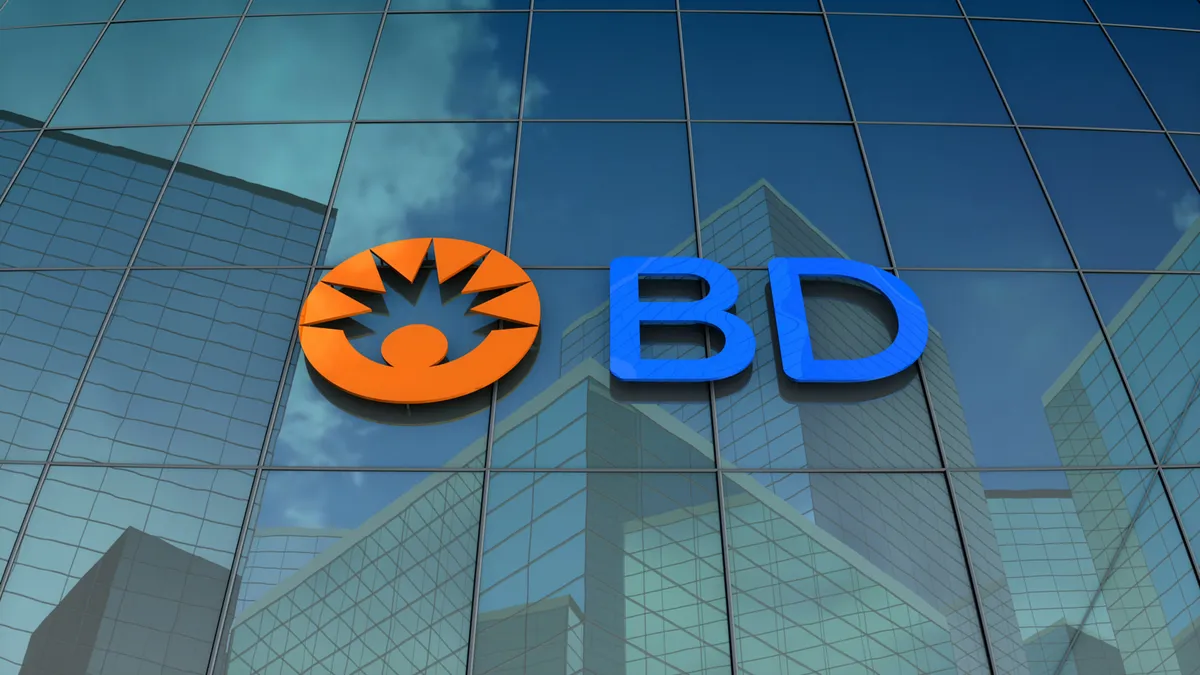Dive Brief:
- The Food and Drug Administration has posted a Class I notice about Becton Dickinson infusion pumps affected by compatibility issues with Cardinal Health Monoject syringes.
- Cardinal sent an urgent medical device product correction in September after learning that some lots of its syringes are incompatible with certain infusion pumps. BD’s Alaris pumps are affected.
- The situation led BD to tell customers to stop using affected Monoject syringes with its pumps, and now to a Class I notice from the FDA that covers hundreds of thousands of BD devices. The recall does not require devices to be removed, according to the agency.
Dive Insight:
Cardinal previously sold Monoject syringes under Covidien branding. When Cardinal changed its branding of the products in June, it also changed their dimensions, rendering the new syringes incompatible with pumps.
As a provider of Alaris syringe pumps, BD was caught in the fallout of the compatibility problem. BD sent an urgent medical device labeling correction to its customers on Sept. 15, days before Cardinal put out its own notice. The BD alert asked customers to stop using Cardinal-branded Monoject syringes with its Alaris Syringe and PCA Modules and update their lists of compatible devices.
The BD correction affects 220,120 syringe pump and patient-controlled analgesia modules, as well as 867,362 pump control unit modules distributed in the U.S. There have been 13 reported injuries and no deaths associated with the issue.
As the FDA notes, Monoject is one of the most commonly used syringes with infusion pumps and is cited as an example in the Alaris 8015 user manual. The incompatibility problem has prevented the use of certain lots of Monoject syringes with Alaris pumps.
The FDA initiated broader actions in the days and weeks after issuing a Class I notice about the Cardinal issue, first raising concerns in a letter to providers that the company failed to sufficiently mitigate the incompatibility risk in its communication. The FDA said the BD pumps are the same devices announced in the Nov. 20 letter on Cardinal syringes.
The agency then advised against using plastic syringes made in China due to quality failures, though no companies or specific products were named.
Eric Borin, president of BD’s medication delivery solutions, said in a Thursday statement that the FDA’s safety communication on syringes made in China does not apply to the company’s syringes.
“Essentially all plastic syringes BD provides to the U.S. health care system are manufactured in the United States in Nebraska and Connecticut,” Borin said. “BD remains committed to supporting the U.S. health care system and is ready to increase production to help supply those providers who currently purchase syringes impacted by the FDA communication.”












